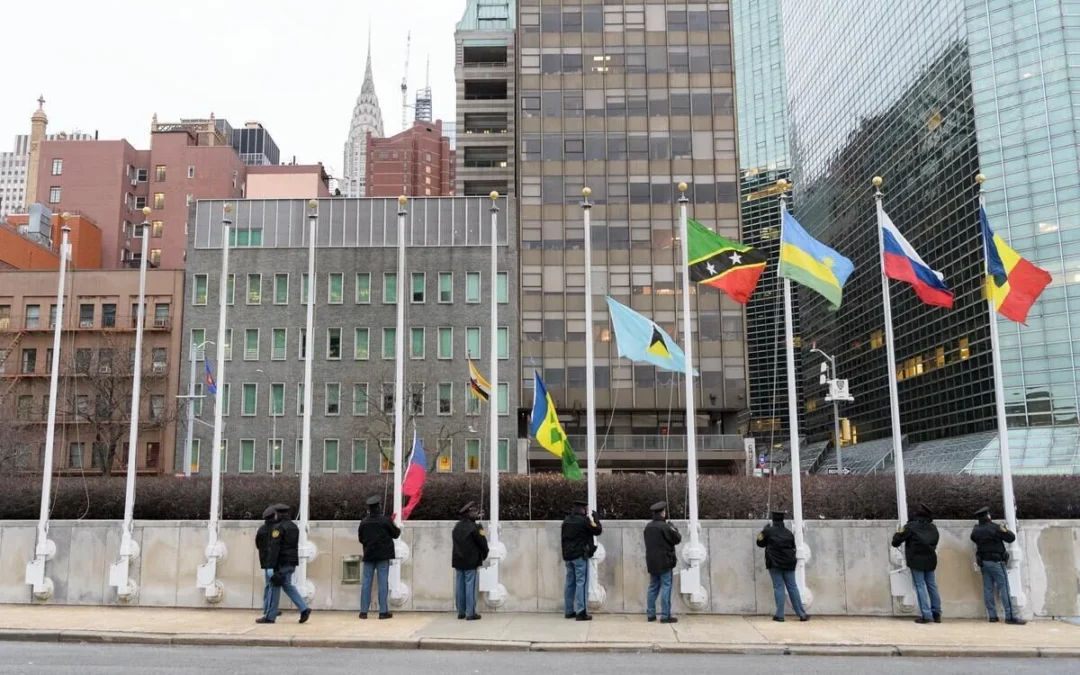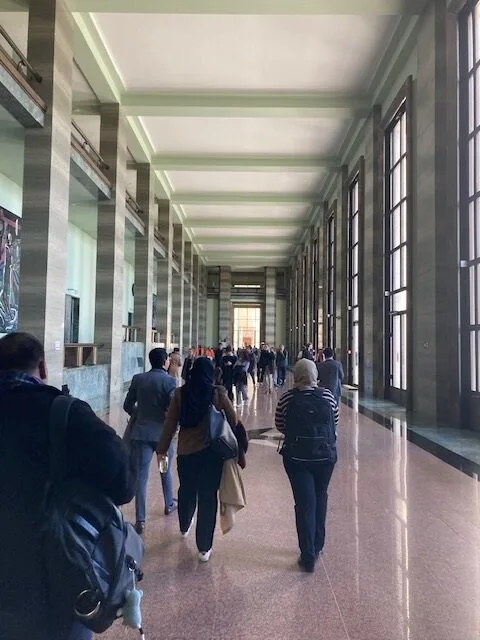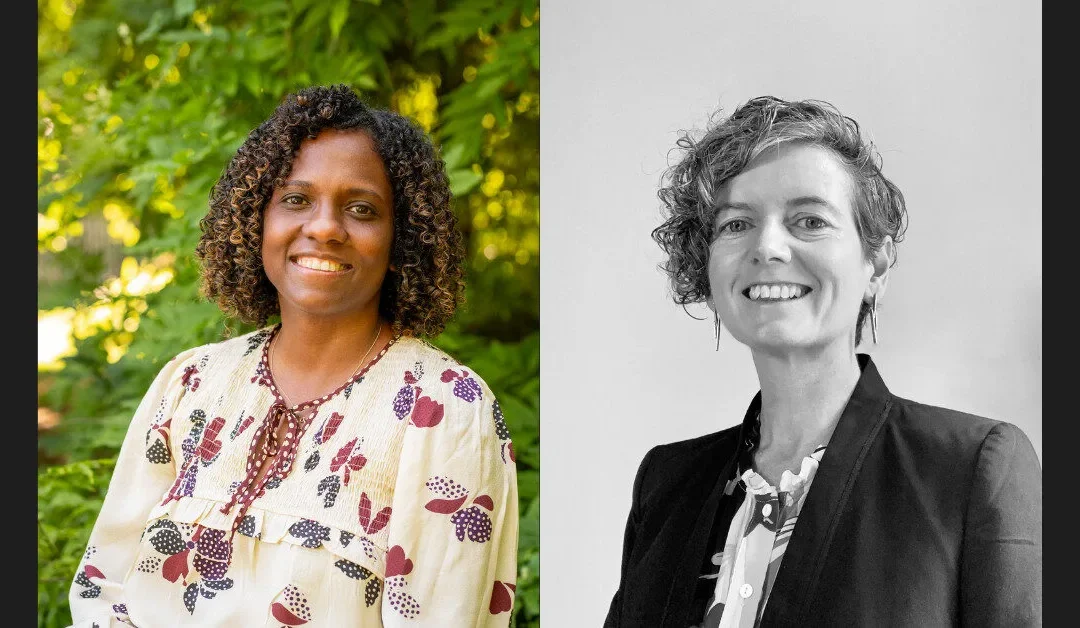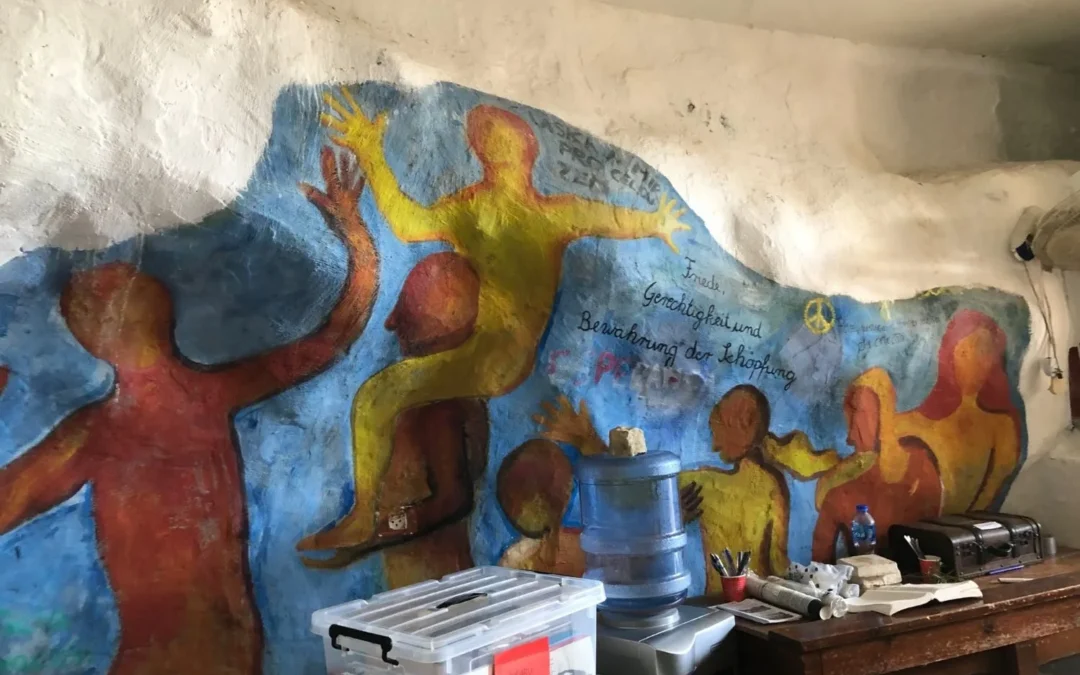Friday 20 September marked the start of the Summit of the Future Action Days, where United Nations stakeholders gathered to address the most pressing issues of our time and express their efforts to work towards a better future. World leaders sought to reaffirm their commitment to peace efforts through the Pact for the Future. Civil society organizations, like QUNO, had an opportunity to engage in the implementation of the Pact for the Future during the Action Days. As a new program assistant at QUNO, participating in the Actions Days was an impactful experience because it was my introduction to member states' priorities and approaches for the 79th United Nations General Assembly session.
The issue of increased representation was at the forefront of the agenda, as most events focused on youth's enhanced participation. I attended an event entitled "Intergenerational Solidarity and Equity for a Shared Future," which focused on uplifting youth voices and their perspectives. The discussion, led by advocates, detailed their approaches to ensure increased opportunities for youth at the United Nations. They also shared their thoughts on developing a new social pact that would encourage enthusiastic participation. As a young adult at the beginning of my career, seeing the UN's efforts to integrate youth voices was encouraging. The youth perspective is vital in determining current policy since we will feel its lasting impacts in the future.
Discussions about peacebuilding efforts also followed the theme of representation. The event I found most enlightening was "Grassroots Solutions: Peacebuilding through Social Movements." This session highlighted the importance of elevating the authentic voices of people with first-hand experience to aid in peacebuilding efforts. Social movements identify the root causes of conflict to address issues before they escalate. However, governments' wariness to partner with grassroots movements continues to be a barrier. The session emphasized the need to expand support services to social movement groups during all stages of conflict. Ma Hnin, the exiled leader of the art-based grassroots movement A New Burma, shared how she and many others would benefit from the support of UN mechanisms. Engaging in inclusive approaches to social movement was revitalizing, knowing it would lead to youth integration in UN policies. The overall message of this session is that the people most affected by conflict in their region should lead reconciliation efforts. This message aligns with QUNO's goal to expand support for people-centered peace.
The Action Days for the Summit of the Future have been a highlight of my short time as a program assistant. I now view UN work more favorably due to the focus on inclusivity and representation, as the voices of frequently overlooked communities are finally being acknowledged and respected. Although I know the challenge of implementation is daunting, it is exciting to see that youth participation is a priority. As concerns about global conflict are mounting, it is uplifting to be in a space dedicated to world progress. As a program assistant, I am eager to take what I have learned to help meaningfully contribute to QUNO's program work. I look forward to attending more discussions on youth's enhanced participation in the UN and assisting in its implementation.







